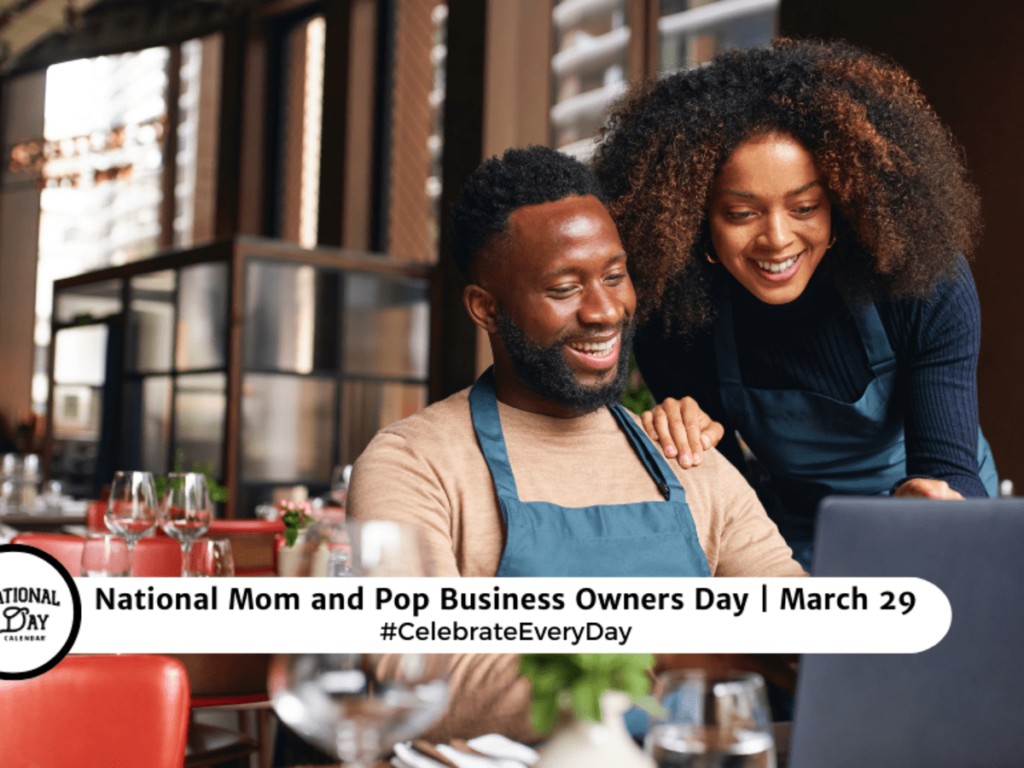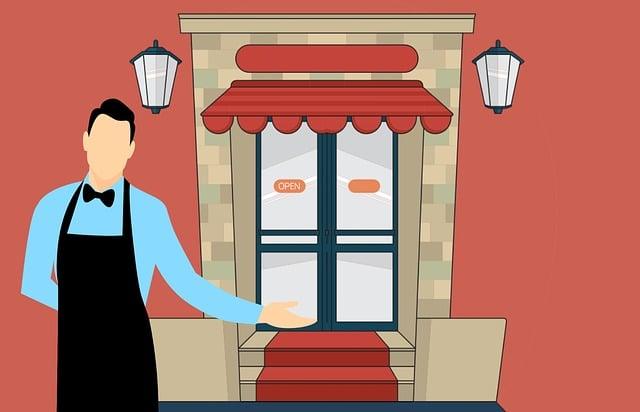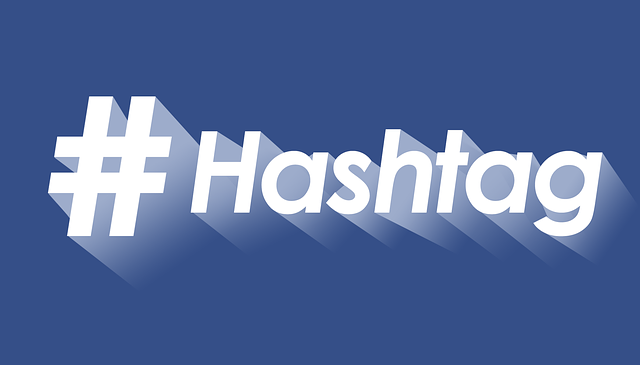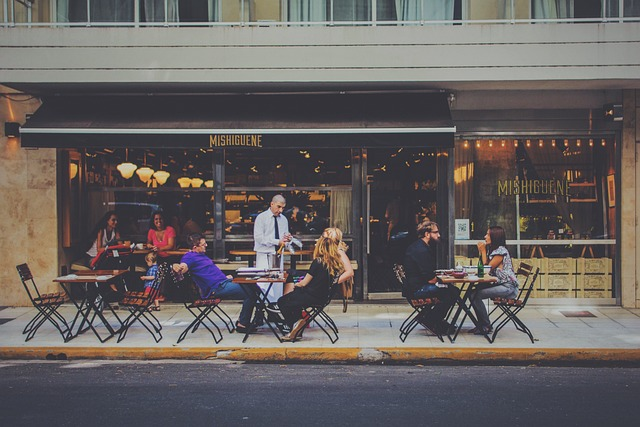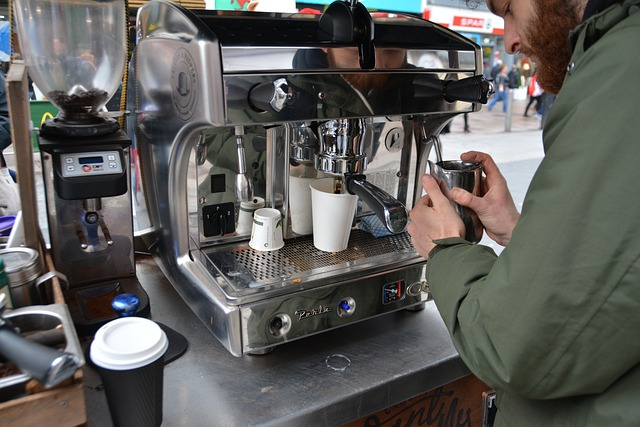What is a Mom & Pop Shop?
Mom-and-pop shops are smaller businesses typically run by family members. They offer personalized service and unique products and stand out for their close-knit atmosphere and community connection.
Supporting mom-and-pop shops is crucial to helping them thrive in the competitive market, fostering local economies, and preserving authenticity. By choosing these businesses, customers contribute to the growth of their neighborhoods.
Examples of mom-and-pop shops could be:
- Local bakery.
- Family-owned bookstore.
- Neighborhood coffee shop.
- Independent hardware store.
- Corner deli.
- Vintage clothing store.
- Handmade jewelry shop.
- Small family-owned local restaurants.
Why are Mom & Pop Shops important?
Mom & Pop shops, also known as small or local businesses, are vital for our communities. These businesses offer unique products and services that big corporations do not provide.
The owners of these establishments are often passionate individuals who take pride in their work. They deliver personalized customer service, fostering strong connections within the community.
Supporting mom-and-pop shops directly impacts livelihoods, preserves traditions, and enhances the sense of belonging in local areas. Customers who choose these businesses play a significant role in sustaining the community’s economy.
Contributions of mom-and-pop shops include:
- Unique products and services.
- Personalized customer service.
- Contribution to community vibrancy.
What is National Mom and Pop Business Owners Day?
National Mom and Pop Business Owners Day is a significant celebration of small and local businesses. It’s celebrated annually on March 29. This holiday recognizes the hard work and dedication of mom-and-pop business owners who contribute to their communities.
Established to honor family-owned businesses, this day commemorates their vital role in the economy. It serves as a tribute to the founders who have built their companies from the ground up.
National Mom and Pop Business Owners Day reminds people to support these small enterprises. Customers can experience unique products and services not found in larger chains by patronizing mom-and-pop shops.
It is crucial to show appreciation for small business owners. These individuals often invest their hearts and souls into their companies, striving to provide exceptional customer experiences.
What are some ways to celebrate National Mom and Pop Business Owners Day?
Here are some ways to celebrate National Mom and Pop Business Owners Day.
Shop Local: On this special day, support local businesses by shopping at mom-and-pop stores. You directly contribute to the community’s growth by purchasing products from these establishments.
Share Stories: Engage with business owners by sharing their inspiring tales on social media platforms. These stories highlight the hard work, better service, and dedication put in by founders to establish their enterprises.
Attend Events: Participate in local events or markets organized to commemorate National Mom and Pop Business Owners Day. These gatherings provide an excellent opportunity to interact with various small business owners and discover unique products.
Promote Small Businesses: Encourage your friends and family members to join the celebration by promoting small businesses within the community. Word-of-mouth recommendations play a crucial role in attracting new customers to shop small at these establishments.
What hashtags are used for National Mom and Pop Business Owners Day?
To show support for National Mom and Pop Business Owners Day, use hashtags like #MomPopBusinessOwnersDay, #MomAndPopDay, #SupportLocalBusinesses, and #SmallBizOwners. You can also create unique hashtags such as #ShopSmall, #FamilyBusinessLove, and #LocalFavorites to highlight the importance of pop businesses.
Incorporate popular hashtags like #BuyLocal, #SupportSmallBiz, and #ShopLocal to encourage customers. Engage with trending hashtags such as #SmallBusinessSaturday, #LocalFirst, and #CommunitySupport to join the online conversation.
What are the benefits of Mom & Pop Businesses?
Mom-and-pop businesses enhance the local economy by keeping revenue within the community, aiding in sustained growth. They provide personalized service, catering to customers with a unique touch that is often missing in larger companies. These businesses offer unique and specialized products or services not easily found in big chain stores.
Mom-and-pop business owners actively engage in community support, contributing to events, charities, and local initiatives. Their involvement fosters a sense of togetherness and support among residents. By nurturing these small businesses, communities thrive economically and socially.
Frequently Asked Questions
Here are the most common questions about National Mom and Pop Business Owners Day.
Why are Mom & Pop Businesses good for the local economy?
Mom-and-pop businesses contribute to the local economy by creating job opportunities for people in the community. These small businesses play a vital role in boosting economic growth by providing employment opportunities to local residents.
In addition, these small, local business owners often prioritize personalized customer service, which enhances the overall shopping experience for customers. This customized touch fosters a strong sense of community and loyalty among patrons.
Supporting small businesses helps retain money within the local area. When people purchase from small shops or a family business, they reinvest their money into the community, which circulates wealth locally.
How do Mom & Pop Shops compete with larger businesses?
Small businesses, also known as mom-and-pop shops, employ various strategies to compete with larger corporations, such as big box stores. They utilize social media platforms effectively to promote their products and services, engaging customers and fostering a loyal customer base.
Small businesses establish a connection with their customers by offering personalized customer service and creating a unique shopping experience that larger companies often struggle to replicate. This personal touch sets them apart in the market.
Collaboration is vital for mom-and-pop shops. By partnering with other local businesses, they can cross-promote products and services, expand their reach, offer lower prices, and form a robust support network within the community.
Moreover, small businesses focus on delivering quality over quantity. They emphasize attention to detail, craftsmanship, and care in their offerings to differentiate themselves from larger competitors solely focused on mass production.
In summary, the following actions can help local businesses compete with larger enterprises:
- Utilize social media for promotion.
- Offer personalized customer service.
- Collaborate with local businesses.
- Emphasize quality over quantity.
Are there big businesses that started as Mom & Pop Shops?
Yes, some of the biggest names in business got their start as small, community businesses. Here’s a brief list of some commercial enterprises that started as mom-and-pop shops.
Walmart: In 1962, Sam Walton founded Walmart as a small mom-and-pop shop in Rogers, Arkansas. Initially called Walton’s Five and Dime, the store focused on providing affordable goods to the local community. Through strategic expansion and innovative business practices, Walmart grew into the retail giant we know today, with thousands of stores worldwide.
McDonald’s: McDonald’s actually started off as a mom-and-pop restaurant in 1940, founded by brothers Richard and Maurice McDonald in San Bernardino, California. Initially a small barbecue restaurant, it wasn’t until Ray Kroc joined the company in 1954 that McDonald’s began to expand into the global fast-food chain we know today. Despite its humble beginnings, McDonald’s has grown into one of the world’s largest and most successful fast-food chains.
Starbucks: In 1971, Starbucks began as a small mom-and-pop shop in Seattle’s Pike Place Market. Jerry Baldwin, Zev Siegl, and Gordon Bowker opened the store, selling high-quality coffee beans and equipment. Over time, Starbucks grew into a global coffeehouse chain.
Nike: Now one of the world’s most recognizable athletic apparel and shoe brands, Nike started as a small mom-and-pop shop. The company was founded in 1964 by Bill Bowerman and Phil Knight, who initially sold shoes out of the trunk of their cars at track meets. The brand was initially known as Blue Ribbon Sports before officially becoming Nike in 1971. Despite its humble beginnings, Nike has since grown into a global powerhouse in the sports industry, known for its innovative designs, iconic logo, and high-profile endorsements. The transition from a small shop to a multinational corporation is a testament to its founders’ hard work and vision.
Apple: Now a tech giant, Apple started as a mom-and-pop business in a garage in Los Altos, California. Steve Jobs and Steve Wozniak began by selling DIY computer kits before eventually expanding into the global corporation we know today. Apple’s humble beginnings show that even the most prominent companies can have small, grassroots origins.
Whole Foods: In 1978, John Mackey and Renee Lawson Hardy founded Whole Foods Market, initially a small mom-and-pop shop in Austin, Texas, called SaferWay. Starting with a limited selection of natural and organic foods, the store quickly grew in popularity. By 1980, it expanded and rebranded as Whole Foods Market, now a prominent grocery chain known for quality and sustainability.
How can individuals show support for Mom & Pop Businesses on this day?
To celebrate National Mom and Pop Business Owners Day, individuals can shop locally, share positive reviews on social media, participate in local events, promote small businesses online, or thank small business owners for their hard work and dedication.
National Mom and Pop Business Owners Day – Final Thoughts
Now that you know the significance of mom-and-pop shops, take the time to celebrate National Mom and Pop Business Owners Day. Supporting these local businesses benefits your community and contributes to a thriving local economy. By shopping at mom-and-pop shops, you are investing in your neighborhood’s unique character and charm while helping these small businesses grow and succeed.
Make a difference today by supporting mom-and-pop shops in your area. Every action counts, whether through a purchase, a kind word, or sharing their story on social media. Let’s unite to honor the hard work and dedication of these small business owners who play a vital role in shaping our communities. Your support can make a world of difference.
Contact us if you have more questions about celebrating local businesses or to apply for a small business loan. Our alternative funding experts can help mom-and-pop business owners find the funding they need to achieve their goals.


